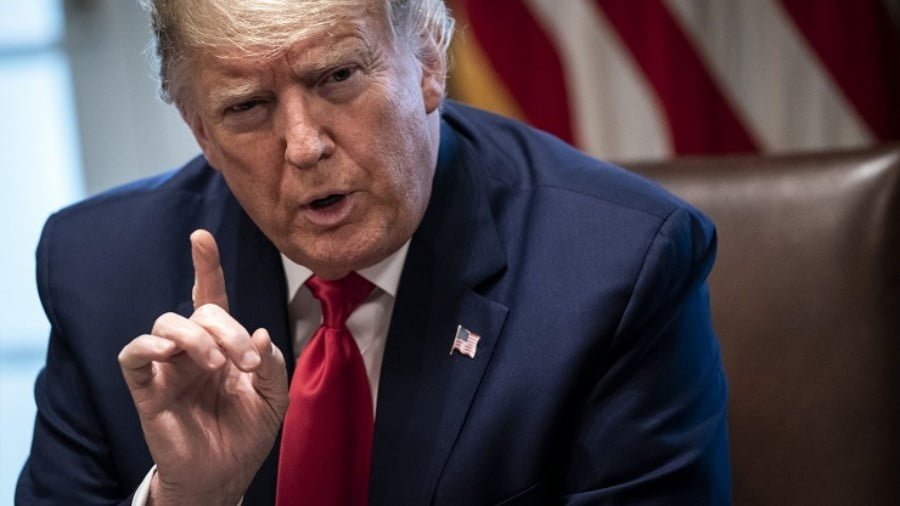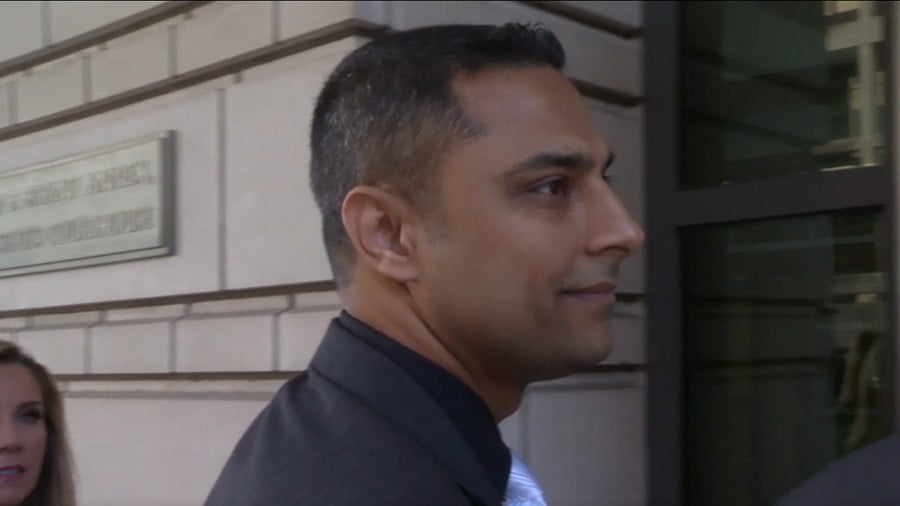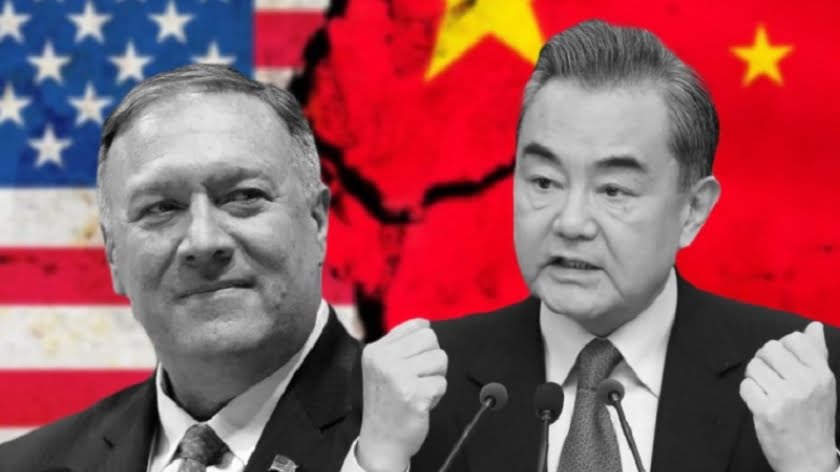Trump is Speeding Up the Creation of an Anti-Iranian Power Bloc
In preparation for Joe Biden administration’s possible arrival entering the White House, Donald Trump took additional steps to complete the creation of a regional power bloc with the leading role of Israel and Saudi Arabia under full US control to complicate Biden’s actions in building a new policy in the Middle East. Undoubtedly, the urgency was motivated by leaked information that Joe Biden and his advisers have allegedly already prepared a future nuclear deal with Iran and intend to revise Trump’s previously promoted solution to the Middle East crisis based mainly on Israel.
With these goals in mind, and also given Riyadh’s previous refusal to establish diplomatic relations with Israel on the instructions of Washington, the way the United Arab Emirates and Bahrain did, preparation was arranged to encourage with these two Middle Eastern countries pivotal for the US in the region to converge under the auspices of the Trump administration. At the same time, Israel’s fears were actively used in possibly adjusting Joe Biden’s attitude towards the Jewish state’s stance regarding the Palestinian issue and the development of annexed Arab territories. The same goes for the concerns of several Saudi families, including Crown Prince Mohammed bin Salman about Biden’s toughening of repression due to the “Khashoggi case”, since the President-elect called Saudi Arabia during the election campaign “an outcast” and promised that he would obstruct the Kingdom’s military campaign in Yemen.
Under these conditions, Israeli Prime Minister Benjamin Netanyahu, accompanied by Yossi Cohen, current Director of Mossad, the national intelligence agency of Israel, made a secret visit to Saudi Arabia on November 22, where “under the supervision of US Secretary of State Mike Pompeo” he met with Crown Prince Mohammad bin Salman. Netanyahu and Cohen flew to Saudi Arabia on businessman Ehud Angel’s private jet. The Israeli prime minister had previously used this jet for his secret visit to Oman to prepare the “Abraham Agreement”, which became the basis for the future of the Middle East according to Trump’s patterns, and a number of his other secret trips around the world.
Referring to this meeting, Mike Pompeo, without disclosing the details, indicated in his Twitter account that he had a “constructive” meeting with the Crown Prince of Saudi Arabia. The latter was heavily forced into negotiations with Netanyahu.
According to Kan, Israel Public Broadcasting Corporation, the talks focused on Iran and the new US administration, led by Joe Biden, but no significant agreements have allegedly been reached yet. The Israeli media outlets do not hide that the main reason for the meeting was the consolidation of Israel, Saudi Arabia, and the current US administration against Joe Biden’s restoration of Iran’s nuclear deal. They further recognize that Netanyahu’s meeting with bin Salman “brought countries one step closer to establishing official diplomatic relations even before the end of Donald Trump’s term in office.”
The Guardian draws attention to the particular importance of the meeting, emphasizing that it is “an infrequent meeting at a high level between longtime opponents.”
By mutual agreement, the parties agreed not to make the visit public. They behaved cautiously in Riyadh, especially since the Crown Prince’s line regarding rapprochement with Israel does not entirely coincide with his father and family’s line. Earlier, Minister of Foreign Affairs of Saudi Arabia Faisal bin Farhan Al Saud warned that the kingdom is ready to establish Israel’s relations in full only after a Palestinian-Israeli peace treaty. Simultaneously, based on Crown Prince bin Salman’s decision to go to such a meeting with Israeli officials, a correction of Riyadh’s position began to be seen. If earlier Saudi Arabia and all Sunni states unambiguously held a pro-Palestinian and anti-Israeli position, now new conditions have been created to force Palestinians to agree to the peace process and negotiate with Israel. One definite confirmation of this concept can be, in particular, the recent return to their jobs of the ambassadors of Palestine who were recalled from the UAE and Bahrain after these countries established official relations with Israel.
There are no official statements from the Trump administration yet in avoiding a wave of protest for such actions preventing the White House’s future owner from pursuing an independent policy in the Middle East.
In this regard, it is clear that it is not yet in Riyadh’s interests to make its contacts with the Israelis public, unlike Benjamin Netanyahu. The latter needs bonuses on the internal platform. This meeting was leaked only in Israel, clearly showing Netanyahu’s supporter’s desire, due to recent intensified protests against the Israeli prime minister’s corruption policy, to “boast of his merits” hoping that the steps he has taken will bring the day closer when Tel -Aviv and Riyadh officially establish diplomatic relations. At the same time, the Israeli media are actively promoting the thesis that this secret visit only means the continuation of Israel’s policy of expanding the circle of participants in the Abraham Agreements, which is actively supported by Donald Trump. “This is not an action against Biden. It is about expanding the bloc of Israel-friendly countries in the Middle East. But the emerging pro-American bloc becomes anti-Iranian by definition. Of course, if Biden intends to change the course of the US in the region drastically, it will now be more difficult for him to do so,” said Zvi Magen, the former deputy head of Nativ.
On the night after the said meeting, several Iranian-backed Houthis missiles flew into Saudi Arabia from Yemen. Some social network sources note that the missile strike occurred 5 hours after Israeli Prime Minister Netanyahu met with the Crown Prince of Saudi Arabia, which didn’t exclude negotiations that could have been held on Israel’s use of Saudi airspace for an airstrike on Iranian nuclear facilities at Natanz and Khondab. A particular reason for such fears could be a message, which appeared in Israel Defense, that the United States Central Command (CENTCOM, its area of responsibility in the Middle East) announced transferring a squadron of F-16 fighters from Germany to the United Arab Emirates to contain aggression and ensure security and stability in CENTCOM’s area of responsibility.







